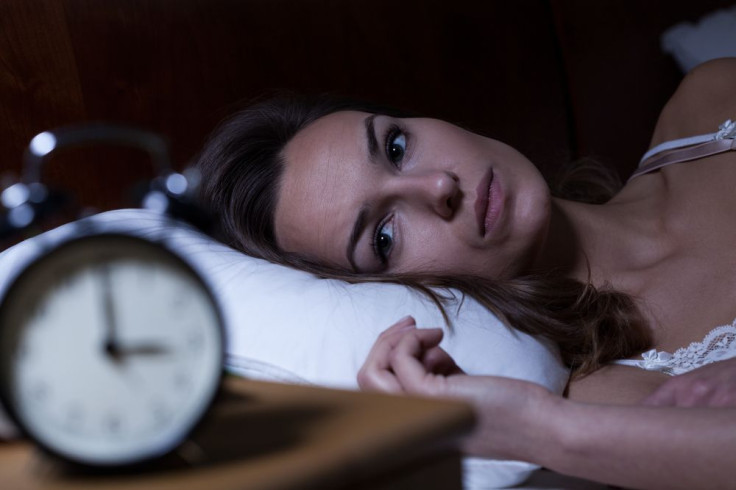Chronic Insomnia Linked To High Blood Pressure; Trouble Sleeping May Be A Result Of Hyperarousal

Most of us have at some point had difficulty falling asleep at night, whether it was from stress or something else. Lost sleep has been linked to various health problems, such as heart failure and Alzheimer’s disease, and that’s only in people who are normally deprived of sleep. People who suffer from insomnia can go days without a good night’s sleep. And now, a new study finds that this chronic sleep loss might result in hypertension, more simply known as high blood pressure.
Roughly 10 percent of the American population experiences symptoms consistent with an insomnia diagnosis, according to the National Sleep Foundation (NSF). These symptoms include having trouble falling asleep, waking up often during the night, waking up and being unable to fall asleep again, and feeling unrefreshed in the morning. A 2005 NSF poll found 33 percent of people had at least one of these symptoms every night or almost every night over the past year. With all this trouble sleeping, it’s no wonder peoples’ blood pressure goes up.
Researchers from West China Hospital in Chengdu, China found that people who took more than 14 minutes to fall asleep were at a 300 percent increased risk of having high blood pressure, while those who took longer than 17 minutes were at a 400 percent higher risk. The study involved 219 chronic insomniacs (defined as trouble sleeping or six months) and 96 normal sleepers who were first monitored in a sleep lab overnight. Then, they measured time falling asleep with the Multiple Sleep Latency Test (MSLT), which includes four 20-minute-long opportunities to nap — at 9 a.m., 11 a.m., 1 p.m., and 3 p.m.
The findings point to another reason insomniacs may have trouble sleeping: hyperarousal. According to a press release, scientists have long considered that, rather than insomnia being a nighttime disorder, it’s more a disorder of hyperarousal 24 hours a day — albeit more for people with chronic severe insomnia. That applies even when insomniacs report feeling fatigued during the day. Figuring out how to balance the body’s circadian rhythm, without the help of stimulants, might be key to lowering blood pressure.
"Although insomniacs complain of fatigue and tiredness during the day, their problem is that they cannot relax and that they are hyper,” said co-author Dr. Alexandros Vgontzas, a professor of sleep research and treatment at Pennsylvania State University College of Medicine, in the press release. "Measures that apply in sleep-deprived normal sleepers — napping, caffeine use, or other stimulants to combat fatigue — do not apply in insomniacs. In fact, excessive caffeine worsens the hyperarousal."
Source: Li Y, Vgontzas A, Fernandez-Mendoza J, et al. Hypertension. 2015.



























